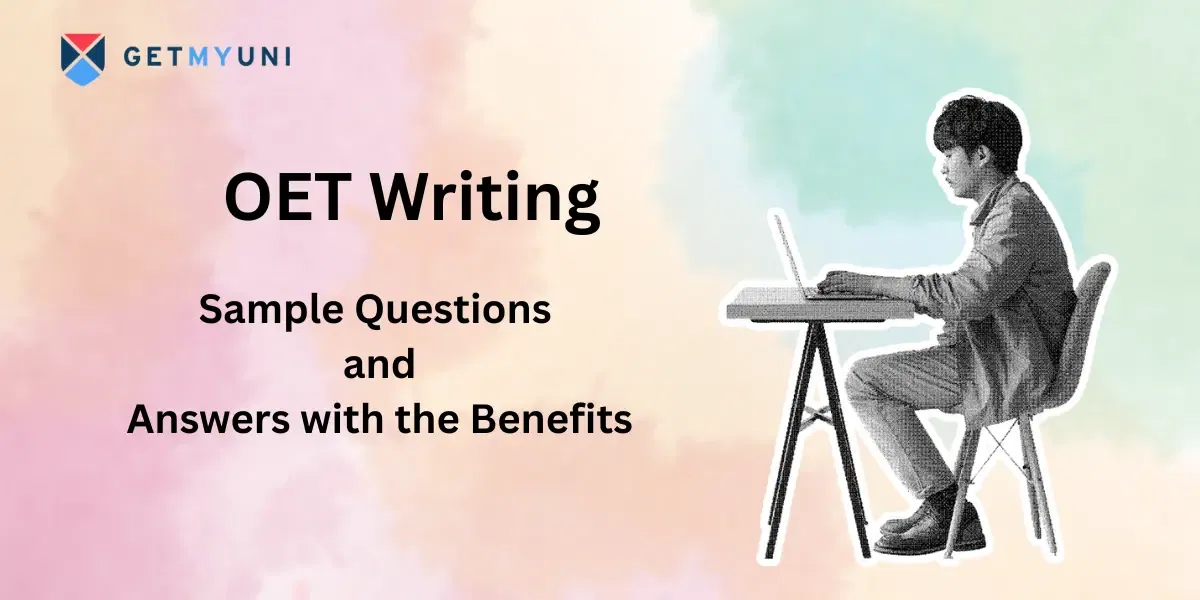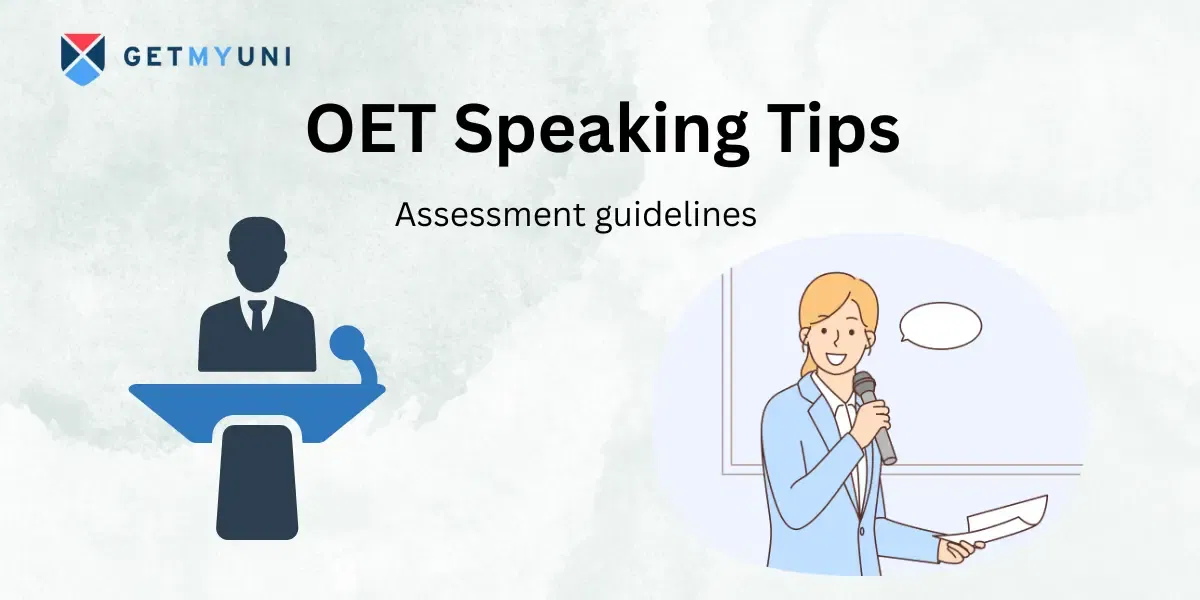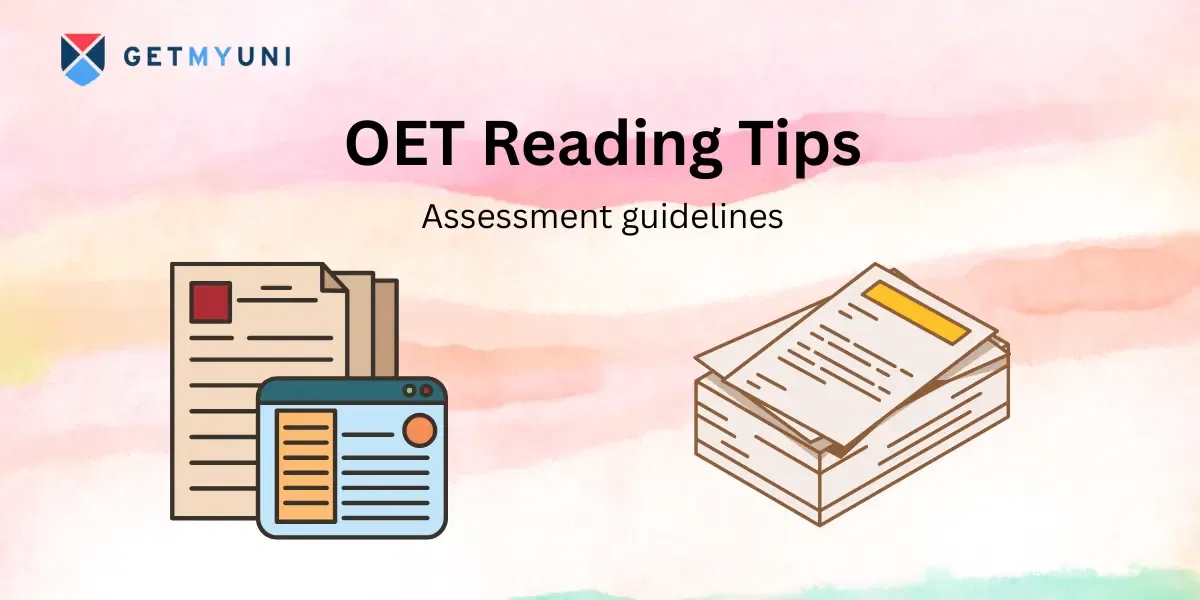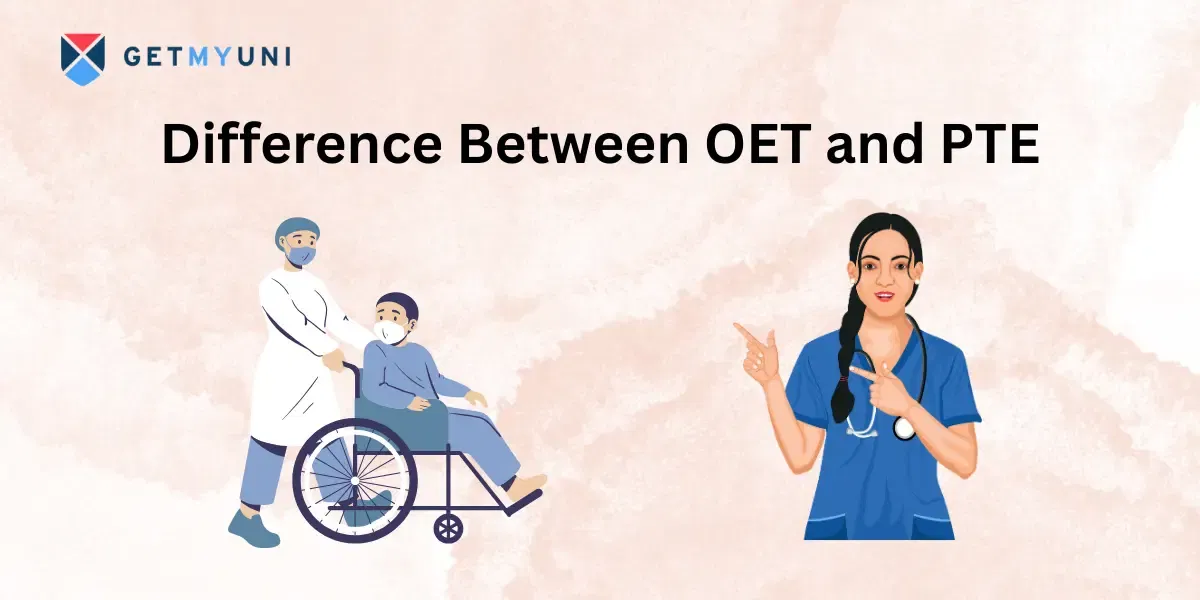Get to know about the major differences between GRE and IELTS. This article will give a complete insight into what GRE and IELTS are, and which is better suitable for you.
Table of Contents
GRE and IELTS are 2 very different exams with different curriculums to prepare and with different purposes altogether but it still doesn't stop the debate of "GRE vs IELTS". But getting confused between GRE and IELTS or any other exam is not uncommon, given the wave of exam names a student nearing the end of his/her 12th grade is bombarded with. All the friends, relatives and counsellors flaunt their knowledge and leave those students more entangled than enlightened. Now, this article is laid out for you such that it can get you out of that entanglement with detailed differences and commonalities between GRE and IELTS. After reading this piece, you will have enough knowledge to even help a friend out of entanglement who may still be wondering about which exam is better after a counselling session.
Difference Between GRE and IELTS
Both GRE and IELTS are meant for clearing the pre-requisites of a foreign institute or organisation. But the major difference between GRE and IELTS is that GRE is for pursuing a Masters Degree, whereas IELTS is an English proficiency test giving validation to one’s proficiency in the English language. A table will help us with a better understanding.
| Basis | GRE | IELTS |
|---|---|---|
| Acronym for | General Records Examinations | International English Language Testing System |
| Developer / Administrator | Educational Testing Service | British Council, IDP Education, Cambridge Assessment English |
| Knowledge / Skills Tested | Analytical writing, quantitative reasoning and verbal reasoning | Listening, reading, writing and speaking of the English language |
| Purpose | Admissions to master's and doctoral degree programs in various universities outside of India. | To assess the English language proficiency of non-native English speakers which is a prerequisite for getting a job or education outside of India in some countries. |
| Intended for | Bachelor's degree graduates and undergraduate students who are about to graduate. Fluency in English assumed. | Non-native English speakers. |
| Duration | About 3 hours and 45 minutes (includes 1-minute breaks after each section and a 10-minute break after the third section) | Listening: 40 minutes; Reading: 60 minutes; Writing: 60 minutes; Speaking: 11–14 minutes; Total: 2 hours, 55 minutes. |
| Score / Grade Validity | 5 years | 2 years |
| Score Accepted by | Many graduate schools (mainly ones from the USA) | Over 10,000 colleges, institutes and organisations |
| Registration Fees for Indians | USD 213 (Approx INR 15,800) | INR 14,000 |
Is IELTS Easier Than GRE?
As per the comparison, we can see that IELTS is just to test proficiency in English, but in GRE the proficiency is already assumed and is not the only segment on which the candidate is supposed to be tested. Therefore candidates for both will have an altogether different motive for giving the respective exam. So, if we were to assume that the same person is preparing for the 2 exams, then that person will see greater challenges in GRE as compared to IELTS, but if the same person already is good with numbers and analysis but bad at languages then the person will find IELTS more difficult. But it is not to be forgotten that in GRE too, English can not be neglected, and some topics which are common to both papers (like issue task or opinion questions) are harder in GRE.
Which is Better GRE or IELTS?
Between GRE and IELTS, which one is better? The answer for this depends on 2 factors. That is, ‘where are you?’ and ‘where do you want to be?’ and when you know the answer to both then you will be able to make this choice with clarity.
Where are you? - If you are a graduate, then GRE makes more sense and is usually taken up right after graduation only. But, IELTS is taken up by all sorts of groups of people, whether you are passing out of school, a graduate, a post-graduate or a working professional.
Where do you want to be? - If your dream college or institute demands a qualifying GRE score, then GRE is the go. If your institute or organisation requires a certain threshold band from the IELTS exam, then that. Some colleges may even demand both, then you gotta attempt both. Basically, you have to check for yourself where you want to be and what is that place’s eligibility criteria and choose the paper accordingly. There is not one generic answer that this one particular paper is good for you. It depends on what suits you and your requirements.
GRE and IELTS Exam Dates
GRE has two kinds of exams: General and Subject, and both have different timelines. GRE generally takes place throughout the year on various dates, and one gets to book their slot according to their requirement at their preferred centre. A candidate may take the exam 5 times in 12 months with a gap of at least 21 days. But due to the pandemic scenario, the frequency of exams being conducted is reduced. However, GRE subjects are offered 3 times a year and the candidate is allowed to take the exam as many times as he/she prefers. It should be noted that the slots for exams are given on a first come first serve basis and how many other candidates have already attempted the exam would not matter even if it is your first time.
Subject Test Dates:
| GRE Dates (Subject Test) | Regular Deadline | Late Deadline | Supplementary Test Centre and Monday Administration Deadline | Score Available Online | Score Report Mailing Date |
| 11 Sept 21 | 30 July 21 | 06 Aug 21 | 16 July 21 | 11 Oct 21 | 15 Oct 21 |
| 23 Oct 21 | 10 Sept 21 | 17 Sept 21 | 27 Aug 21 | 22 Nov 21 | 26 Nov 21 |
| 09 Apr 22 | 25 Feb 22 | 04 Mar 22 | 11 Feb 22 | 09 May 22 | 13 May 22 |
Like GRE, IELTS has 2 types of exams, namely, Academic and General Training version. The Academic version is conducted 4 times a month for all 12 months, making a total count of 48 exams in a year. But the General Training version is held 24 times only.
Preparation for GRE and IELTS
Although GRE is broader and harder than IELTS in general, some parts of the 2 still overlap. And that overlap can be categorised essentially into 3 categories and if you study keeping those 3 things in mind, you will be able to prepare for the 2 exams simultaneously. These 3 categories are as follows:
- IELTS Writing and Speaking - GRE Analytical Writing
- IELTS Reading and Listening - GRE Verbal
- IELTS Writing and Reading - GRE Quantitative
Let us now try to understand how these combos or overlaps will go hand-in-hand
Firstly, about IELTS Writing and Speaking, and GRE Analytical Writing. Now, given that the difficulty level in GRE is higher you can follow one of the 2 approaches. One, that you prepare for GRE Analytical writing and very conveniently you will be good to go for IELTS Writing Task 2. Since both involve writing on a social issue and the format is almost similar in which you have to write, you can glide through IELTS Writing Task 2 if you are thoroughly prepared for GRE Analytical Writing. The second approach is that you prepare for IELTS Writing Task 2 first, which will ease you into the concept and familiarise you with what needs to be done with low difficulty, and when you get used to that you can smoothly transit to preparing for the GRE Analytical Writing and prepare for that too in a considerably less time. Now, to complement the 2 approaches you can use IELTS Speaking, as it requires speaking your opinions on the spot, and hence formulating them quickly. The ability to do that polished for speaking will come in handy in writing too, as you have to state your opinion about those issues.
Secondly, we have IELTS Reading and Listening, and GRE Verbal as the overlap or combo. Reading comprehensions given in both are more or less of equal difficulty, but the questions for GRE reading comprehensions are more inclined towards the inference type making them trickier to crack. As for sentence completion, they are easier in IELTS Listening as compared to GRE’s, but both have the same idea behind them. That is if the candidate is capable of understanding the relationship between vocabulary and context. So for this too, either of the 2 approaches as mentioned above can be followed. Either go directly for the harder level with GRE or start with IELTS for a smoother glide.
Lastly, we have the 3rd overlap or combo, IELTS Writing and Reading, and GRE Quantitative. Although the 2 domains may seem unrelated, they are still considered to be in overlap because IELTS Writing Task 1 involves describing graphs and IELTS Reading has questions in which you have to read the graphs and charts and diagrams. And it happens very often that IELTS’ visuals are comparatively trickier than GRE’s. Therefore, excelling in IELTS’ graphical questions is going to be a great help in GRE Mathematics.
One might ask, “Is GRE preparation enough for IELTS?" and the answer is, it is enough but only to a limited extent. You still have to prepare for those overlapping sections according to the required format of IELTS and the whole of those sections which do not fall under the overlap. Still, there are few things you should keep in mind while preparing for the 2 exams:
- Plan the whole study routine and the date of exams too, keeping in mind when you need it, keeping in mind if you are willing and can afford to give more attempts.
- Relax and maintain the cool. Nervousness, stress and haste in exams and during the preparation too, will work against your efficiency.
- Prioritize which exam is more meaningful to you and make sure you are not preparing for the other exam at the cost of that one.
- Practising the concepts and trying to incorporate the language in your day to day activities will help you get a better feel of the practical application.
- Regular Mock Tests are a great tool to check your progress from time to time and become aware of any flaws that are within the current approach of giving the paper.
GRE and IELTS Coaching
The 2 exams, GRE and IELTS are expensive in themselves and the registration for both alone will consume nearly INR 30,000. So given that quantum of basic cost, some people are reluctant to pay anything additional for the coachings as well. But it is to be understood that spending on a coaching institute is better than not spending and going in the wrong direction. If that is to happen, not only you might end up getting undesired results but also spending INR 30,000 wastefully. Spending a little more on the institute will ensure a better result. As it is known that one does not fail in IELTS, because each individual is segregated into bands according to their performance in exams and that is what makes getting into an institute more crucial, that is, so that you can jump one or two levels higher in those bands with their assistance. Furthermore, if the cost is the only concern here you can always opt for the online modes which are much cheaper compared to classroom training. Here is a list of institutes that excels at coaching for both, GRE and IELTS and have a strong presence in India:
- KC Overseas Education
- Jamboree
- GREedge (Live e-Class Programs)
- T.I.M.E.
- Manya - The Princeton Review























POST YOUR COMMENT